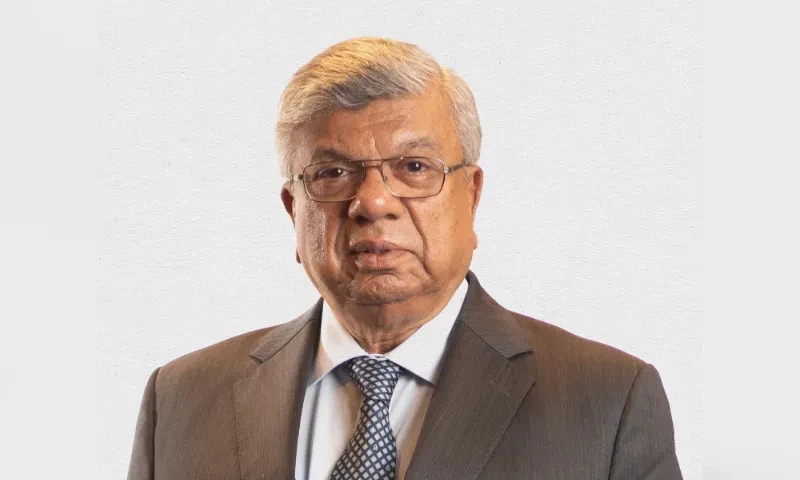‘Hybrid model’ keeps politicians on right track, says Arif Habib

Keeping politicians on the “right track” requires a “hybrid system” of governance, as Arif Habib stated on Saturday.
During a seminar organized by the Habib Public School Alumni Association (HPSAA), the chairman of one of Pakistan’s largest conglomerates with substantial stakes in more than a dozen sectors of the economy said the military establishment should not remain neutral in economic matters.
In my opinion, the hybrid model is practical. Rather than meeting elected leaders, friendly state heads meet the army chief. In the recent past, direct intervention from the military chief helped the country secure bailouts and economic concessions from international institutions and friendly nations, he said. Although the model may not be desirable, it works.
According to Mr Habib, foreign exchange inflows into mining, agriculture, information technology (IT) and construction can be a game changer for the economy with the establishment of the military-backed Special Investment Facilitation Council (SIFC), a body designed to attract investment from Gulf nations.
A high tax rate, rising utility prices and high funding costs have cost Pakistan its competitive edge against regional competitors, according to the CEO of Arif Habib Corporation Ltd.
To save up to Rs2.5 trillion a year in debt servicing, the country needs a negative interest rate – meaning a rate lower than inflation. Subsidies should then be targeted with the excess cash.
Observing the impending political change in Islamabad, Mr Habib warned that transitions from one government to another are always accompanied by fiscal excesses.
Furthermore, he used harsh words for the National Finance Commission (NFC) award, which distributes national funds between Islamabad and the provinces as well as among them.
This last award increased the provinces’ share of the divisible pool to 57.5 percent from 47.5 percent, while the federal government’s share was reduced by 10 points to 42.5 percent – an arrangement that provides the provinces with “free money.”
A Covid-19–era subsidised loan scheme of $3 billion meant mostly for machinery imports, the Temporary Economic Refinance Facility (TERF), was also criticized by him.
The cement industry borrowed subsidised funds to expand production even though one-fourth of its installed capacity remained idle, which reflects the poor execution of TERF, he said.
Mohammed Sohail, CEO of Topline Securities, blamed social media for exaggerating the severity of the economic situation.
As a result of dollar account freezing and Pakistan facing a default-like situation in 1999, Pakistan’s economy was in a worse shape then.
According to him, recent developments like an improved credit rating, a stock market rally, an increase in business confidence, favorable movements in dollar-denominated sovereign bonds, and higher direct and portfolio investments provide reasons for optimism.
